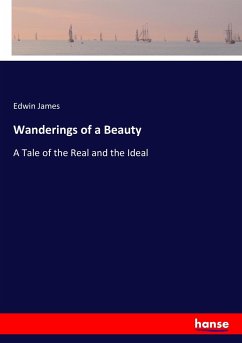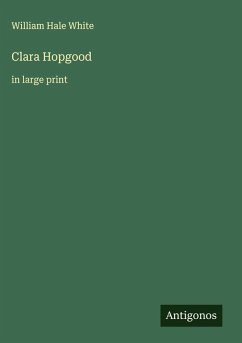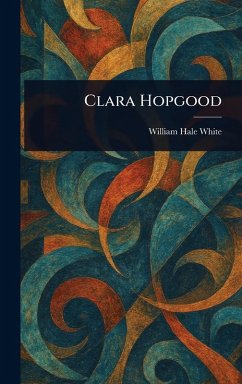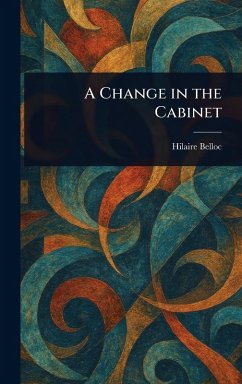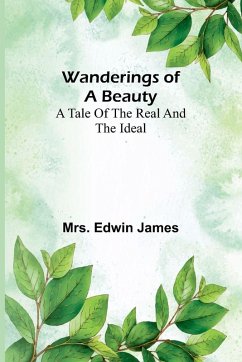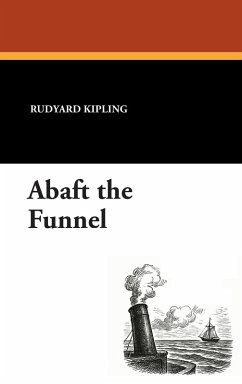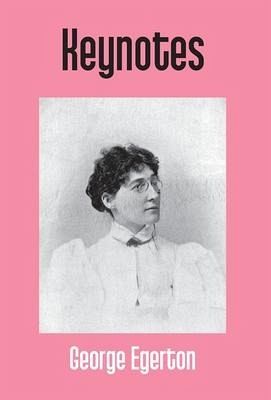
Keynotes
Versandkostenfrei!
Versandfertig in über 4 Wochen
32,99 €
inkl. MwSt.
Weitere Ausgaben:

PAYBACK Punkte
16 °P sammeln!
This collection of eight short stories seeks to redefine the place that sexuality holds in women's lives by focusing on women who no longer repress their sexual desires and thus have the freedom to become more than sexual objects. It situates women's relationships with other women, particularly of different classes and ethnicities, as being of primary importance in women's lives. Focusing on the inner consciousness of female subjects, revealed through reverie or dream, or through intense moments of psychological and emotional connection, the stories are full of wanderers, and have the sense of...
This collection of eight short stories seeks to redefine the place that sexuality holds in women's lives by focusing on women who no longer repress their sexual desires and thus have the freedom to become more than sexual objects. It situates women's relationships with other women, particularly of different classes and ethnicities, as being of primary importance in women's lives. Focusing on the inner consciousness of female subjects, revealed through reverie or dream, or through intense moments of psychological and emotional connection, the stories are full of wanderers, and have the sense of dislocation characteristic of literary modernism; their compression and resistance to narrative closure confirm their alignment with the emergent aesthetic. Coupled with this aesthetic experimentation are explorations of female sexual desire, new gender identities and the pains and pleasures of maternity.






